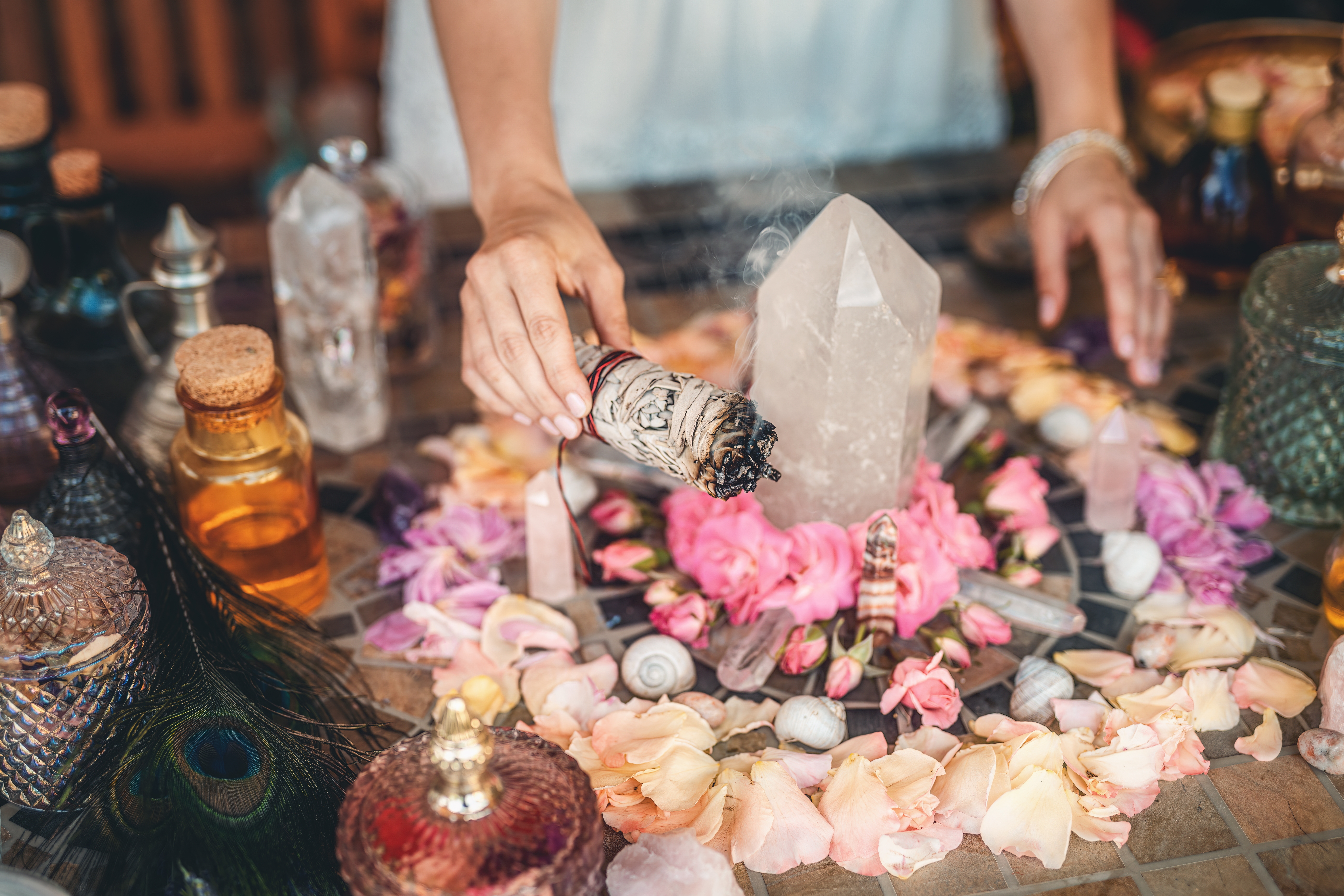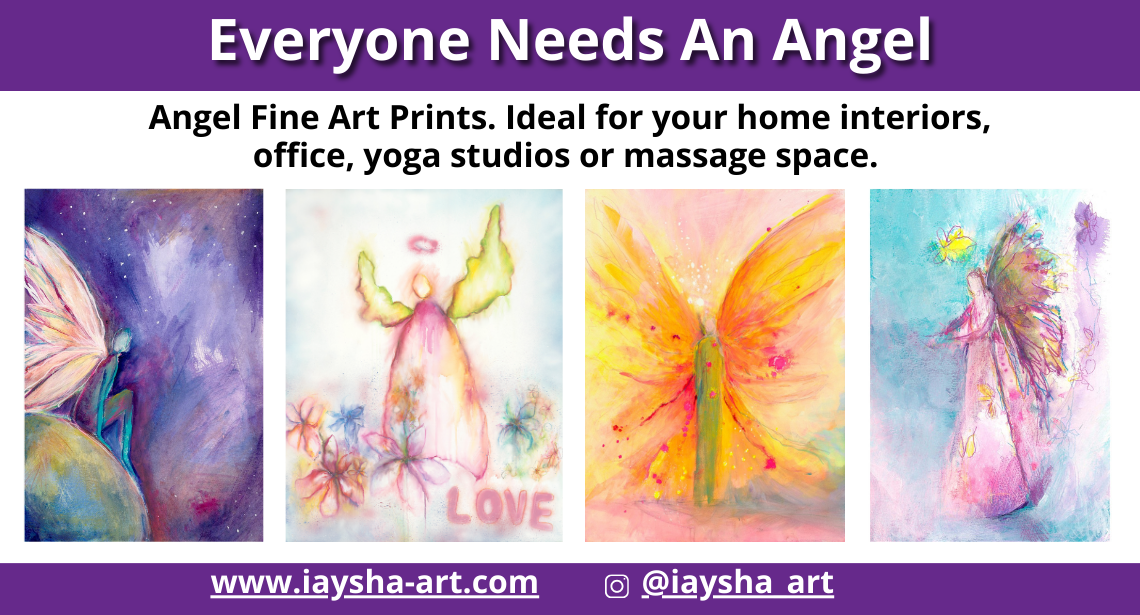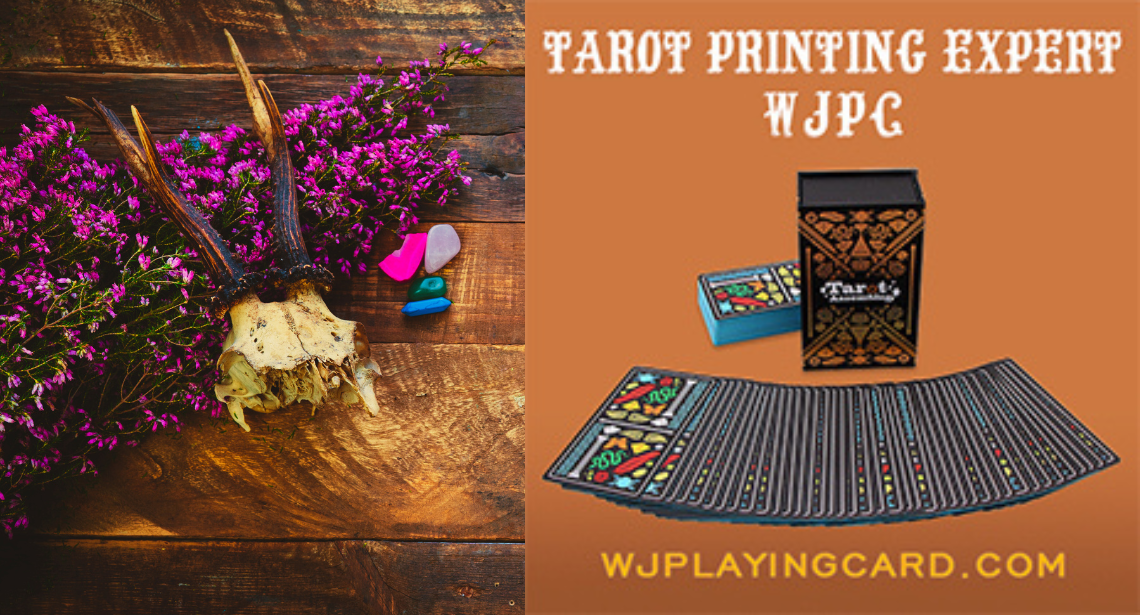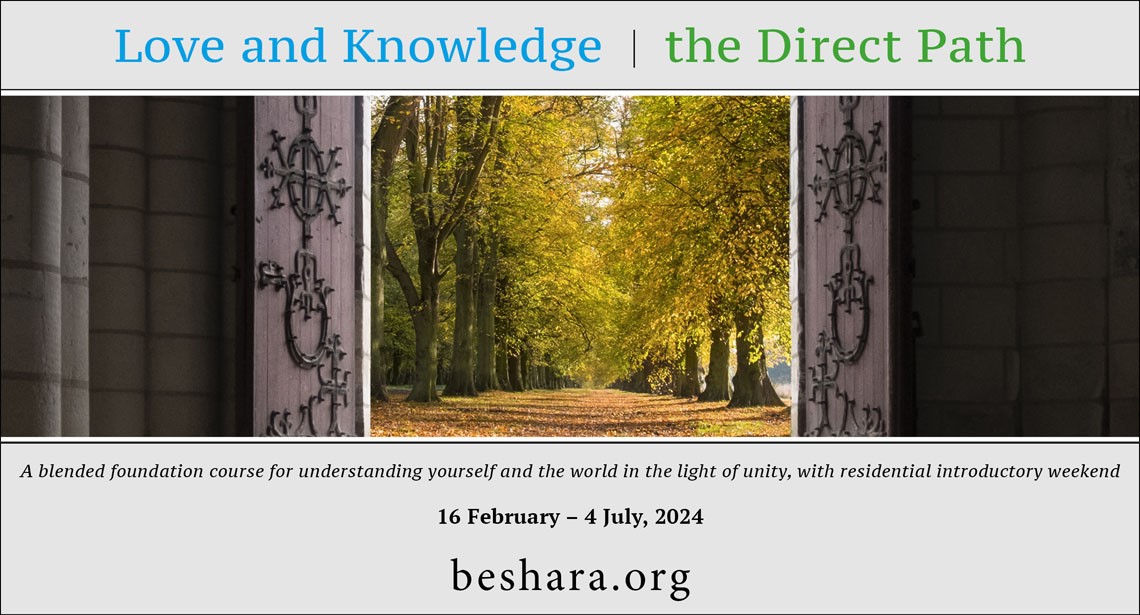Nicholas Haines discusses the mental boxes we can end up categorising our experiences into – and why we have to stop falling victim to constructing them...

When I first read that Adolf Hitler was a vegetarian I remember being surprised and confused. So, why was that? Why didn’t it make sense to me that this shocking and terrible man had made a choice to only eat vegetables?
It’s simple. All my life I’ve put everything I’ve known about vegetarians into a mental box. All that I’ve read, seen, been told about – or made up – has gone into a box labelled ‘This Is A Vegetarian’. As that box formed, everything that didn’t fit that stereotype of a vegetarian either wasn’t allowed in the box or was conveniently forgotten. So, I ended up with a Vegetarian box filled with gentle, kind, peace-loving people, not mass-murdering dictators and bullies.
The tendency of humans to classify, group and categorize people, things, and ideas into boxes is a big problem. Putting people in boxes limits all of us, divides us, places walls around who we are and what we can become, and has led to some of the world’s worst atrocities. And yet we all use boxes to attempt to make sense of the world and the people around us.
Have you ever heard someone say “men are like this,” or “women are like that,” or more lately, “millennials think this way”? If so, you were witnessing another box in the making – and here’s the big deal.
Perhaps you’ve heard someone say something like, “people living in the country are friendlier than city dwellers,” or “rich people are greedy.” Sure, some people in the countryside are quite friendly – and some people who live in big cities prefer to keep to themselves. And yes, there are many rich people who are greedy. However, there are also plenty of city inhabitants who are very friendly and a substantial number of rich people who are not at all greedy, but generous and philanthropic.
At this point, you may be thinking to yourself, “That’s all fine and good, but I don’t think like that – I don’t put people into boxes. I, for one, don’t assume that all rich people are greedy or that everyone in the countryside goes around with a cheery smile.”
And you may not. But would you be surprised if, say, you were expecting a computer wizard to stop by your home – someone your friend recommended – and a 73 year-old woman knocked on your door? If so, it might be because you have a ‘Computer Wizard’ box and it simply doesn’t have many 73-year-old women in it.
"...as soon as we put something or someone into a box we’ve imposed an artificial limitation onto both them and ourselves"
So, what’s the big deal here? Why does it matter if you don’t have many 73 year-old women in your Computer Wizard box? It may not matter at all, unless you’re a recruiter, for instance, and you may unknowingly have a bias against employing a 73 year-old woman for a computer tech position precisely because such an individual doesn’t fit squarely within your Computer Wizard box. Or you’re a 73 year-old and you can’t get a job.
Whether individually or collectively, as soon as we put something or someone into a box we’ve imposed an artificial limitation onto both them and ourselves. In doing so, we have increased the potential to create discrimination, isolation, pain, and division.
And it gets worse. Let’s explore how boxes can lead to some of the most brutal and ruthless examples of human behaviour. Current conservative estimates are that over 12 million Africans were shipped across the Atlantic as part of the transatlantic slave trade that existed from the 16th to the 19th centuries. It’s also estimated that an equivalent number of people may have died in the process.
There are many factors that led to the mass adoption of slavery, but boxes are a key reason that it was seen as normal and acceptable. Classifying one group ‘slave’ and another ‘slave-owner’ based entirely on race examples our use of boxes at their most horrific.
Like many people, I would love to say that bad and ugly boxes based on clauses such as race no longer exist. But they do, and need to be exposed, challenged and broken down wherever they stand. In fact, we need to say “
no more boxes” in every area of our lives. That’s unless it’s a box that groups people together in a way that creates safety, friendships and a shared positive experience, like a church, a sisterhood or the love of gardening. But even then we need to be careful, as such boxes can quickly isolate other, cause division and validate certain unwholesome behaviours.
The
#NoMoreBoxes movement was started at the United Nations by myself and a group I’m part of called The Change Makers, headed and driven forward by a fiery lady from Iceland named Rúna Magnús. In March 2018, I’d spoken at the United Nations and called for a way forward to reduce the discrimination and inequality in our world.
The
#NoMoreBoxes movement has been designed to raise awareness and start a big conversation about the good, the bad and the ugly boxes that surround us, helping us all decide which boxes we want to keep – and which deserve to be confined to history. If creating a world without boxes appeals to you, we’d love you to think about all the boxes you’ve created or that surround you and join us in the conversation.
 Find out more:
Find out more:
Nicholas Haines is a Kindness Ambassador at the Five Institute, co-author of The Story Of Boxes: The Good, The Bad & The Ugly (available now) and the creator of The Vitality Test, as well as an international speaker, author, strategist, teacher in Chinese energetics and a leading light in the #NoMoreBoxes movement.
www.nomoreboxesmovement.com
www.nicholas-haines.com


 Find out more:
Find out more:















